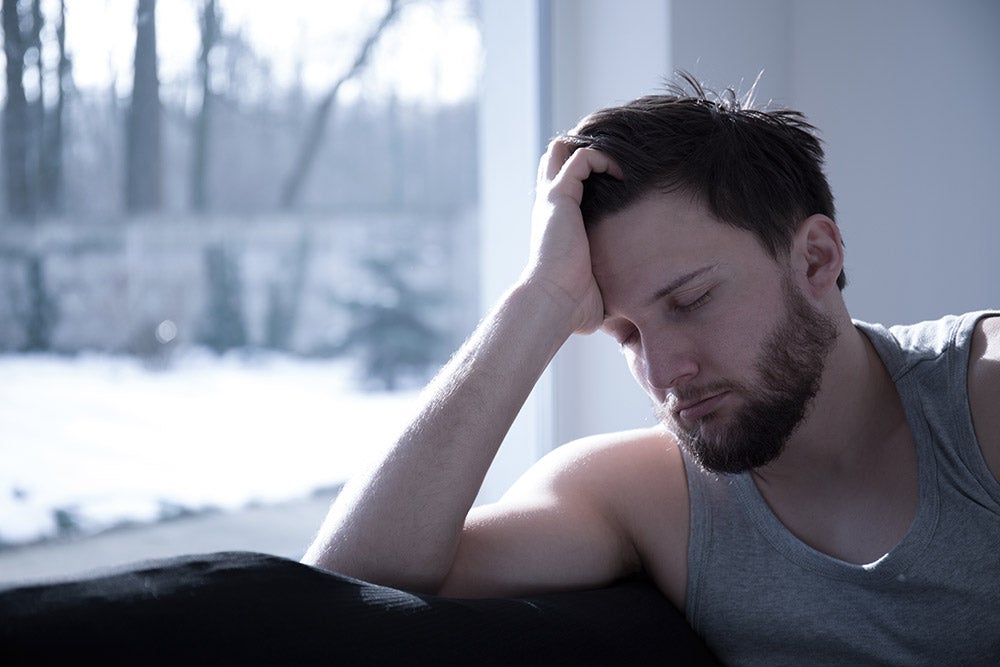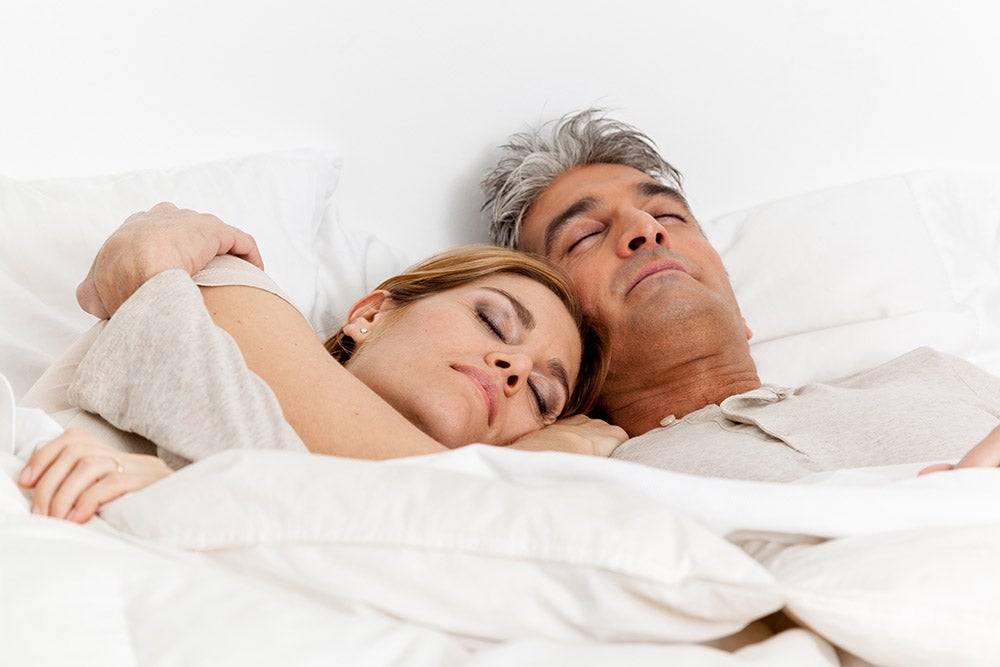It's not uncommon to hear that lonely people sleep a lot. Everyone thinks when you're lonely, you have nothing to disturb you and the only thing you can do is sleep. Long, healthy, uninterrupted sleep. The truth, however, is a million miles from this. Loneliness can affect your sleep pattern and quality. Research on sleep shows that adults who experience loneliness have more disrupted sleep.
How does Loneliness Contribute to Insomnia?
Loneliness is 90% mental; it is a state of mind which causes its victims to feel alone, unwanted, isolated, and empty even when surrounded by people.
A lonely person craves healthy relationships but they have subconsciously built a wall that can only be let down from the inside. Loneliness is one of the root causes of anxiety and depression which in turn, are a major cause of insomnia. Loneliness, effectively combined with other factors could also spike up mental health problems which may lead to restlessness and sleepless nights.
It is awe-inspiring to imagine how our emotional feelings can affect us physically and even mess up the normal hormonal flow of the body. Lonely adults tend to experience daytime tiredness and lack of concentration which makes it difficult to sleep at night.
There is a direct link between loneliness and increased cortisol (a stress hormone) secretion. Cortisol is one primary hormone responsible for sleep disruption.
So here's the cycle; loneliness affects the mentality, which moves on to attack emotional health. This leads to an abnormality in hormonal secretion which finally affects physical health.
Symptoms of Loneliness
What signs do you look out for in a lonely person?
- Restlessness
- Sleepless nights (insomnia)
- Unhealthy attachment to inanimate objects
- Cell Phone addiction
- Obesity
- Anger management issues
- Introversion
Health Risks Associated with Loneliness
There are a million and one risks associated with being lonely. Some of them include;
- Insomnia
- Altered brain function
- Suicide
- Depression
- Increased stress levels
- Memory related illnesses
Ways to Combat Loneliness
Sometimes, your insomnia might not be a result of loneliness alone. If this is the case with you, you might want to see a specialist for a proper diagnosis. However, if you suspect loneliness to be one of the major causes of your insomnia, then you might want to try these suggestions first.
- Yoga
If you're not one to make many friends, then yoga is your go-to anti-loneliness aid. It's a healthy form of exercise that helps you relax and take a lot of your mind. Yoga doesn't take away your loneliness but it clears your head so you sleep better and you are better equipped to make good decisions.
- Outdoor exercise
Outdoor exercise works almost the same way yoga does. You feel so relaxed after sweating it out. Outdoor exercise also provides you with the right dose of healthy tiredness which is a wonderful ingredient for peaceful sleep.
- Widen your social circle
You can consider volunteering for community service or joining a club. This will keep you preoccupied most of the daytime. You'll also be exposed to a wider range of people, And who knows, you may find a trusted friend among the multitude. Focus on starting and developing quality relationships with people of similar goals. Be the friend you want! Strengthen your current relationships while trying to establish these new ones.
- Avoid overthinking
This particular one is easier said than done. Overthinking is one major friendship killer. Rather than overthinking, constantly on your toes trying so hard not to make a single mistake, allow yourself to be free. Give room for learning and unlearning which will definitely involve mistakes and heartbreaks. We're all human after all. Try hard to avoid negative thoughts and always hope for the best in every situation.
- Find a confidant.
We all often underestimate how therapeutic it is to pour out your mind to someone you trust.
A trusted friend doesn't have to be with someone in your age range. Older people with more experience and younger ones with more energy can surprisingly make amazing friends.
You can pour out your mind to such ones and explain your problems to them. Once you do, you feel the heavyweight fall down your shoulders and you get better sleep.
- Evaluate your habits and character.
Do not rule out the possibility that you may have cultivated some habits that contribute to your loneliness. Carefully examine your character and habits to see if there is any room for improvement.
- Eat healthily
Loneliness causes emotional stress which could compromise the immune system. Eating healthy food that builds up the immune system will prevent coming down with an illness.
This is a preventive treatment against diseases that may or may not fuel insomnia.
Contrary to popular belief, loneliness can affect your sleep and cause or contribute to insomnia. It can also have a serious effect on your health and well-being. Recognize the signs of loneliness and try to fight them. If need be, visit a specialist to get qualified help to deal with your loneliness. You might also want to consider changing mattress to one with DComfort Control™ Technology. Finally, many people are going to try and help you, but the shakes of loneliness can only be broken from within. Avoid negative thoughts and struggle to build friendships that last.



















